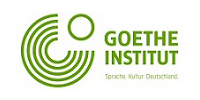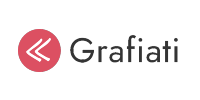On April 4, there was an online meeting between Sumy State University Library staff and colleagues from the University of Liverpool Library within the framework of the "Unity Initiative" project.
The meeting was dedicated to discussing the issue of open science at the university.
Specialists of the Sumy State University library and the team of the Department of Research Data Management (RDM) of the University of Liverpool, led by the head Martin Wolf, developed a number of questions for discussion at the meeting:
- participation of Sumy State University in the implementation of the National Action Plan for the Implementation of the Principles of Open Science by 2030;
- the role of the Sumy State University library in the administration and filling of the repository;
- participation of Sumy State University scientists in EU research projects;
- experiences and practical aspects of implementing open science at the University of Liverpool, including the application of FAIR principles to research information;
- matters of administration and functioning of the repository and data catalog (DataCat) of the University of Liverpool, policies and conditions for hosting materials and data sets;
- the role of the library in implementing and popularizing open science at the University of Liverpool;
- the University of Liverpool's integration with ORCID.
During the meeting, we learned:
- about the library's role in implementing open science at the University of Liverpool, about consulting support provided by specialists of the RDM team for the scientific community;
- about the policy of placing publications to the repository of the University of Liverpool: those full-text editions that have free licenses (in particular CC licenses) must be placed. Placement of book sections (also necessarily with a license) and exactly what volume of books to place in the repository depends on the terms and policies of the publishers. It is also allowed to place only the metadata of the book in the repository, if it is under embargo, until this status is removed;
- the University of Liverpool has its own policy regarding the submission of datasets to the DataCat. When accepting an application for placing data sets in the catalog, a specialist from the RDM department must check it for correctness, but does not check for various manipulations and plagiarism. The author assumes responsibility for the reliability of the research data set. If the dataset is hosted in any of its other multidisciplinary catalogs (Zenodo, Figshare, Dryad), the researcher must add a link to this dataset for hosting in DataCat;
- the University of Liverpool is integrated with ORCID using the university's single Simpletic Elements system, therefore, most scientists of the University have ORCID in order to make the results of their own research visible and to improve their rating and the University in general.
We would like to state that the online meeting was really effective and efficient. We are incredibly grateful to our colleagues for actively participating in the meeting, during which colleagues from the University of Liverpool Library shared useful information and their experiences on open science issues.





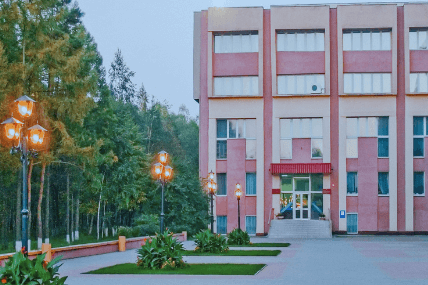
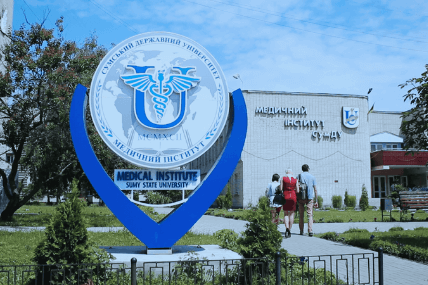
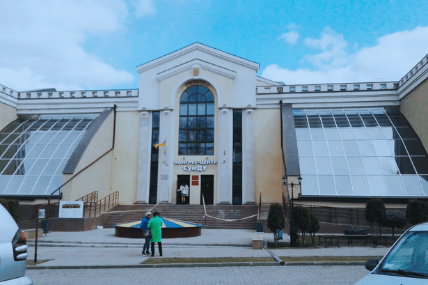


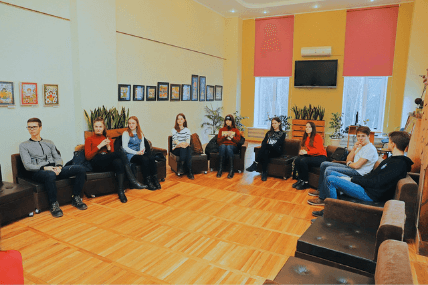



























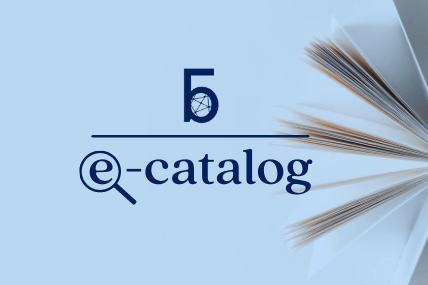


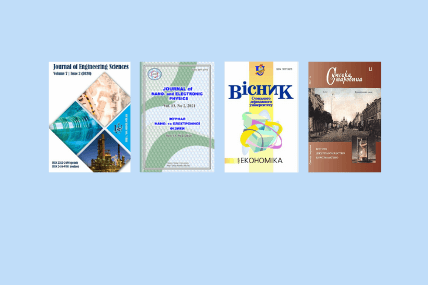
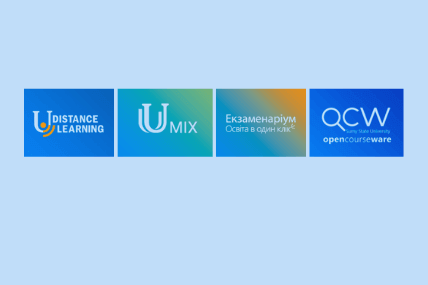



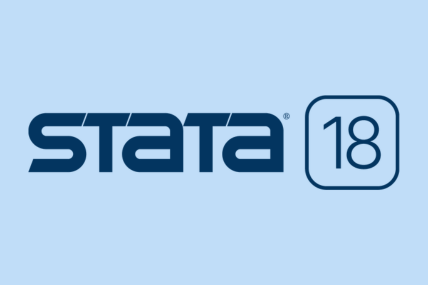

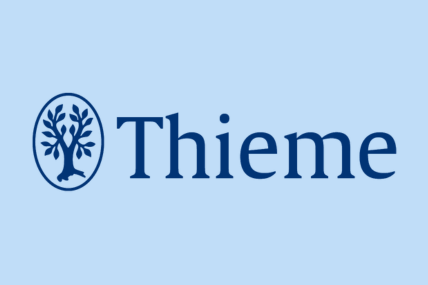
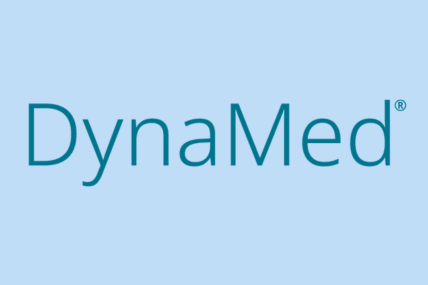



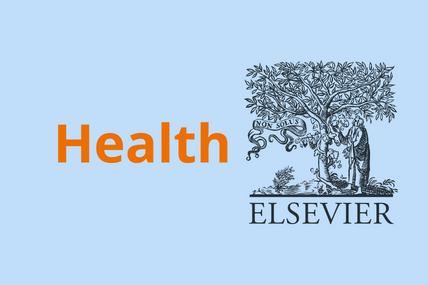

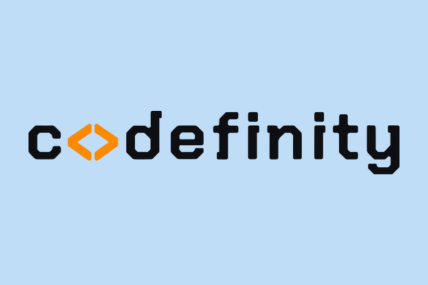

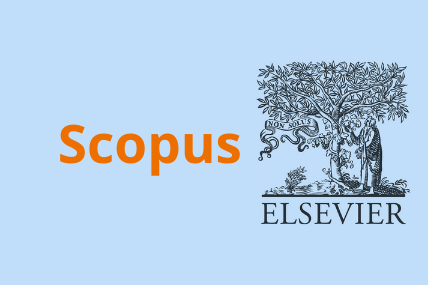
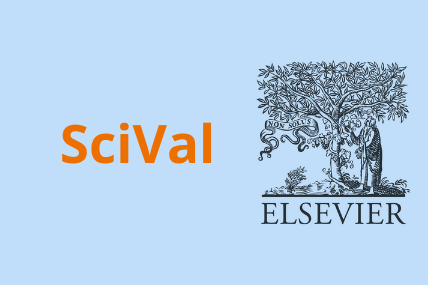

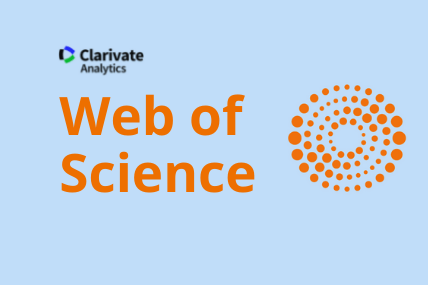

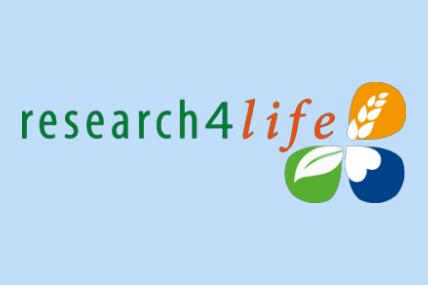


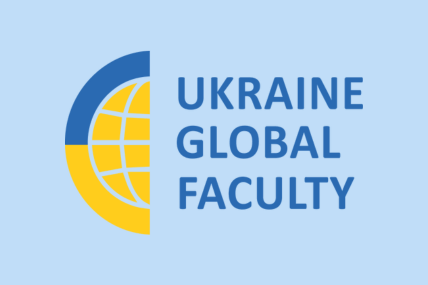
























 eng
eng  укр
укр 






